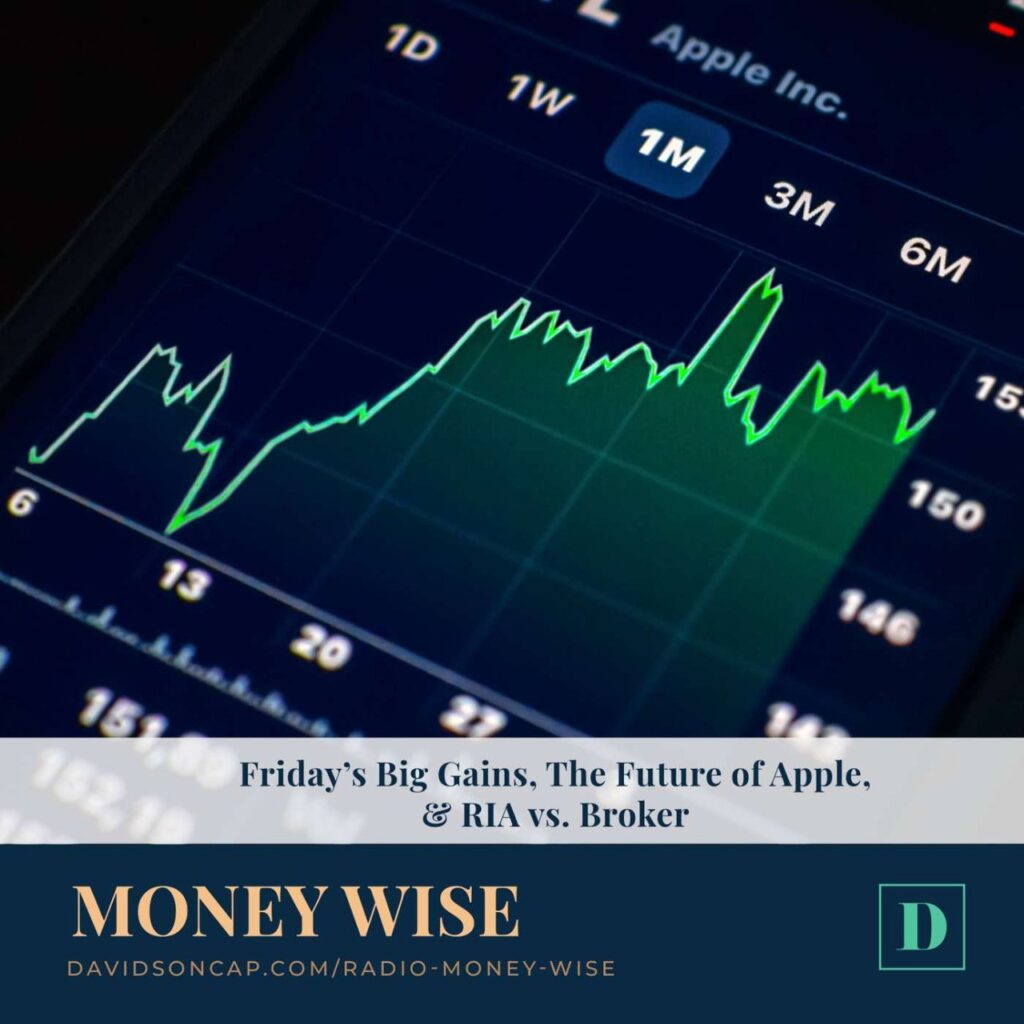How to Sidestep Common Pitfalls and Come Out Ahead
Investing is in many ways all about the numbers, but investor psychology can also have a significant impact on your relative portfolio success. Looking beyond the spreadsheets and focusing on behavioral finance is a helpful way to avoid inherent biases, round out your strategy, and make sure you’re acting in your own best interests. Investors are human, after all, so find out more about the top eight psychological pitfalls and what you can do to avoid them.
Investor Psychology 101
If the numbers are the what, behavioral finance is the why. It seeks to explain common investor psychology phenomena like relying on hunches instead of facts or making risky investment decisions. Let’s review several common examples:
1. Anchoring
The purpose of an anchor is to ground you, and the anchoring trap is no different. It refers to a person’s innate pull to believe what they originally believed. Say, for example, you think from a positive personal experience that a certain company should be profitable. That innate bias can lead you to be a bit too confident that its stock is a good investment.
Radio Shack, the electronics retailer, is a great example of that. It was a behemoth in the 1980s and 90s, and a thriving company for investors. However, when online retailers came onto the scene, Radio Shack started its rather steep decline, shrinking from 7,300 to 70 stores by 2017. If you were a Radio Shack investor and fell into the anchor trap and felt certain of your previously held opinion, you’d be more likely to hang onto the stock, even though it was failing.
The key to avoiding this investor psychology pitfall is remaining flexible and open to new data. Taking the long view and recognizing that nothing is permanent is also helpful. Keeping those concepts at the forefront of your mind can help you be savvy in the face of change.
SEE ALSO: Do You Know Your Investor Personality Type?
2. Sunk Cost
You may have heard of the sunk cost trap – it’s a phenomenon in which investors mentally protect their previous decisions. Essentially, it’s about a refusal to accept that the decisions you’ve made or have had someone make for you weren’t good moves to make. Because of this, people tend to cling to their sunk costs at their own peril. As a rule, the sooner you get out of a bad decision, the better.
3. Confirmation
The confirmation trap is financial psychology’s twist on confirmation bias, the habit of seeking out people who agree with you. In investing, people tend to look for people who have made, or are still making, the same mistake. Psychologically, it helps us feel justified and confident, even if the decision we’re hoping to reinforce isn’t a good one.
If you hear yourself saying something along the lines of, “This stock just dipped 25%, but it’s probably best to buy more just in case,” then you’re in the midst of a confirmation trap. The best way to dig yourself out is to take a step back and seek out fresh perspectives and unbiased information.
4. Blindness
Have you ever felt unwilling to face reality? Has it ever felt easier to just cover your eyes and ignore what’s happening? That’s the blindness trap. If you’ve shut out what’s happening in the markets just to postpone something undesirable or avoid making a decision, you aren’t doing yourself any favors.
The blindness trap can be powerful, and it’s very common. From an investor psychology perspective, it takes on more weight the greater the consequences. Say there are some giant red flags with an investment you’ve made, or you’ve caught wind of a company scandal, yet you’re still not comfortable with making a decision. Postponing facing reality only causes more harm to your bottom line.
5. Relativity
There are many conflicting schools of thought about investing, and they can feel overwhelming at times. It’s a natural human instinct to want to compare your choices or situations with others, but if you do too much of that, it’s considered the relativity trap.
Simply put, the relativity trap is placing too much importance on others’ decisions without also considering their unique set of circumstances. It’s unhealthy to compare your own strategy, lifestyle, or results directly with another person’s—how can you decide what you believe or value?
Investing is ultimately a very personal pursuit. Your risk tolerance, risk capacity, interests, and goals are your own. Own that and stop playing the comparison game.
SEE ALSO: 5 Qualities of a Good Investor
6. Pseudo-Certainty
Pseudo-certainty is an investor psychology concept that’s all about assessing and perceiving risk. Investors tend to avoid risk just at the moment when their portfolio can handle a bit more—when it’s flourishing. They tend to seek more and more risk, however, if it looks like they’re headed toward a loss.
Pseudo-certainty happens mostly because of the psychological pull toward winning it all back. If you raise the stakes, you have a chance to reclaim your losses. However, you don’t have a chance to create any more capital, and the risk of losing more is significant.
7. Irrational Exuberance
Made famous by Alan Greenspan, former Chairman of the Federal Reserve, irrational exuberance refers to overconfidence on a large scale. It happens mostly when investors have the misconception that the market’s past equals or dictates the market’s future. Yet as any investor knows, the markets are always unpredictable. If you listen to our Money Wise Podcast here at Davidson Capital Management, you know we always remind investors that past performance is not indicative of future results.
When enough investors are overconfident, irrational exuberance can influence the market, pumping it up to the point where a significant overcorrection is all but guaranteed. That usually hits everyone hard, but the investors who are overconfident and all-in before the correction usually bear the biggest brunt.
8. Superiority
Related to overconfidence, the superiority trap can wreak havoc on your strategy. If you believe you know better than the experts, you run the risk of going completely off the rails. Now, we always support investor education and it’s important to become knowledgeable about your investments. However, it’s crucial to recognize your strengths and weaknesses, respect the limits of your knowledge, and listen to independent advice. Many investors have lost significant returns because they believed themselves over any other source.
Investor Psychology: Final Thoughts
We are all susceptible to the investor psychology traps mentioned above, and it doesn’t mean you’re a bad investor. It just means you’re human. The first step to overcoming these psychological traps is being aware of them.
Working with a Registered Investment Advisor (RIA) is a valuable way to guard yourself against these traps, too. Having an experienced, knowledgeable advisor in your corner can counteract innate biases and lead to less emotional, more fact-based investment decisions. If you’d like to learn more about our services as a Registered Investment Advisor (RIA), reach out to schedule a conversation today.




